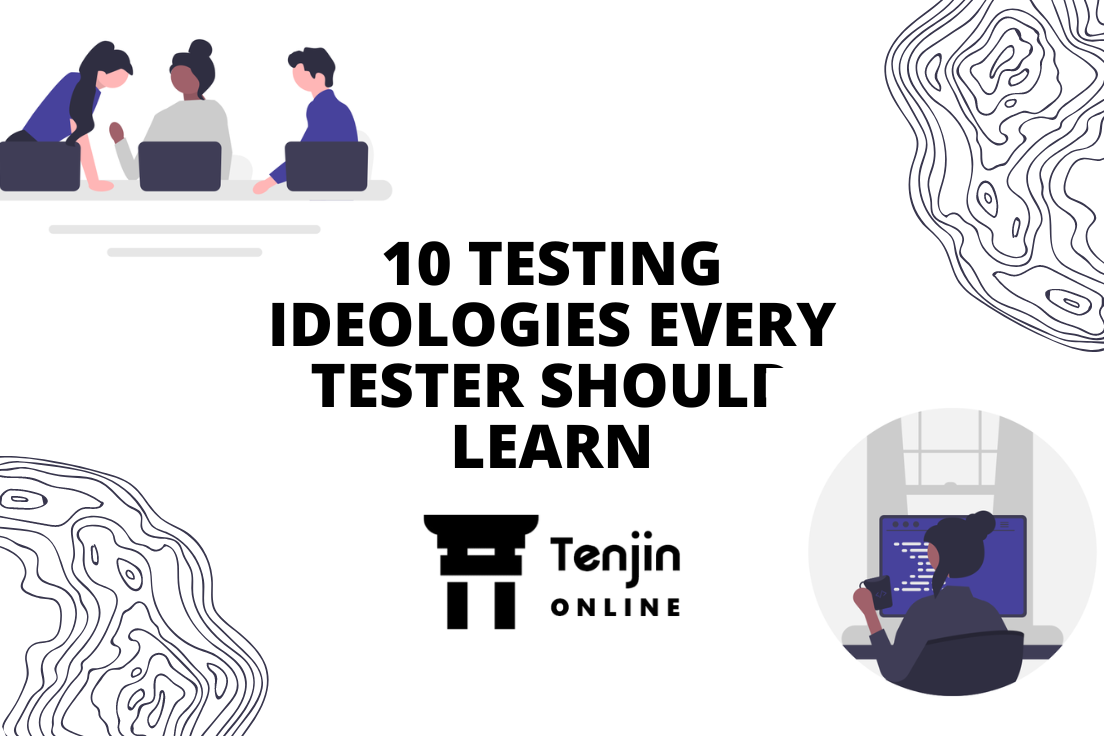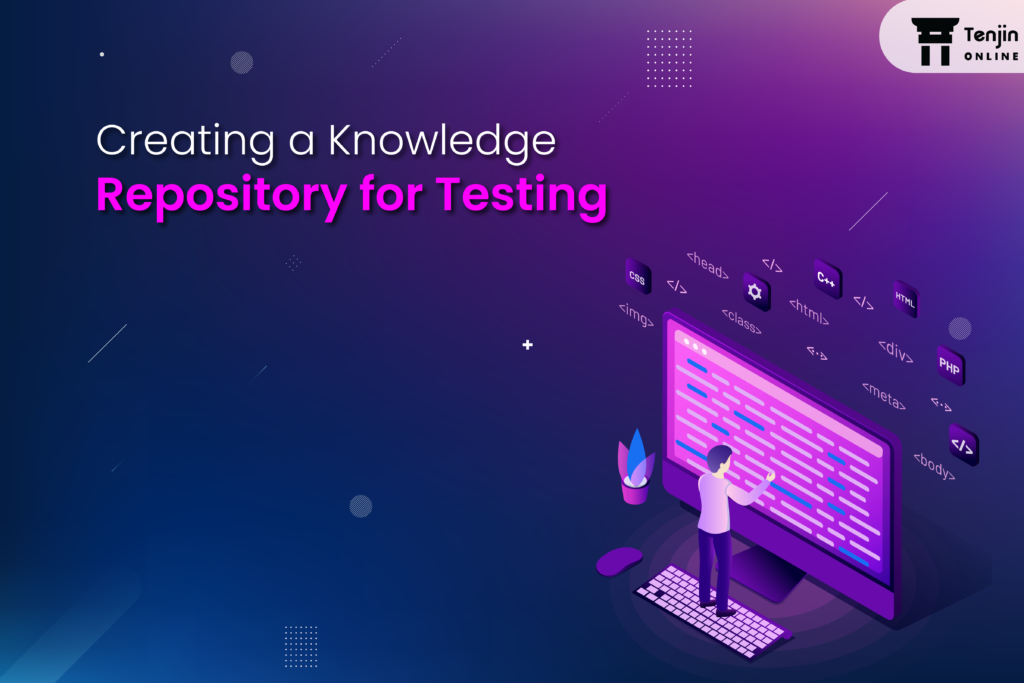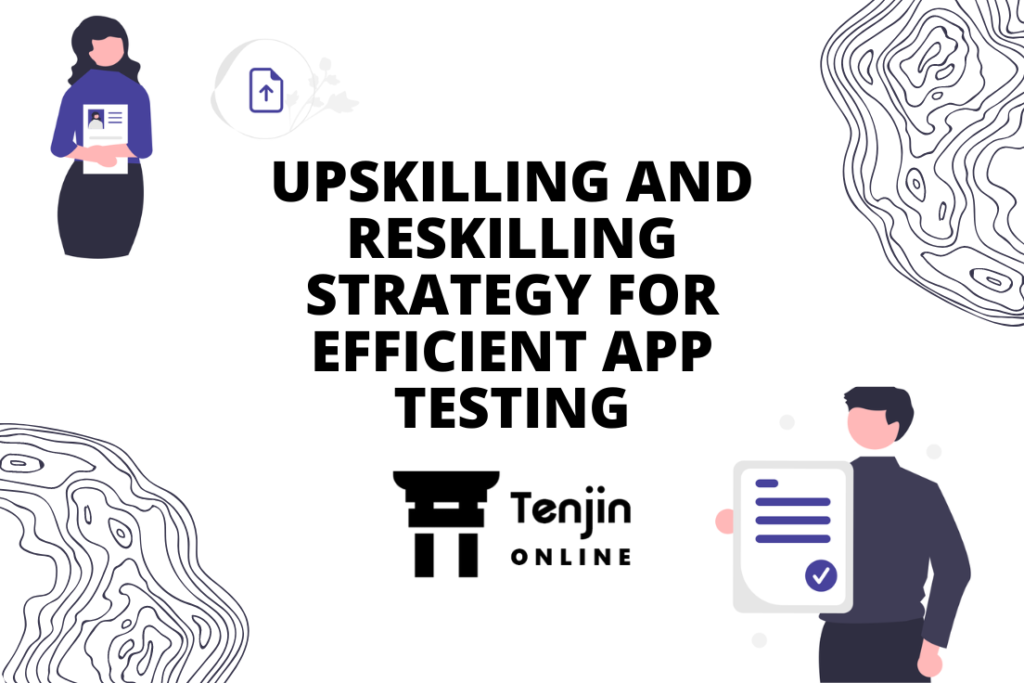
The app industry is huge and growing at a faster rate; the trends in technology and development processes are also evolving and advancing. The huge market and advancing technologies give ample testing ideologies & opportunities for the new-age testers to explore. The role of testers has been subjected to various changes and evolved over years. Testers today are required to understand and adapt to the new concepts, processes, techniques, and technologies for efficient results.
Testing, which was a mere process to identify bugs has now transformed to an integral part of the software development lifecycle (SLDC) that focuses on the quality of the end product rather than sheer bug identification. Further, with digitization and automation becoming prevalent, manual testing roles are becoming niche and used only to set up the process, regular monitoring, and deal with scenarios that require logical reasoning. Hence, the role of testers has changed from being manual testers to DevOps automated testers to take up extra responsibility in improving the quality of the app.
Testers’ role has emerged to a new position called SET or software engineer in test to build solutions for complex testing challenges. SETs are development engineers involved in writing automated tests for creating testing solutions to improve speed, accuracy, and consistency. Let us understand the changing role of testers and the inevitable ideologies they should imbibe to align with their changing role.
10 Testing ideologies every tester should learn
With the onset of digital revolution, the roles and responsibilities of a wide range of job profiles have undergone a major transformation. Testing roles are amongst the ones that have witnessed a major change in their roles. Manual testing processes have been limited and trends of automation and artificial intelligence have taken over. It is extremely important for the testers to upskill, reskill, and out skill in order to sustain in this dynamic career landscape. Here are some of the key testing ideologies that every tester should learn to excel in their career.
Automation testing: As technology is advancing, the older methods of manual testing cannot do justice to complex workflow of today’s modern developmental practices. With this changing trend, it becomes important for the new-gen testers to adapt to automation testing. Testers should learn and get comfortable with automation tools to continuously design, program, and deploy new testing processes. Automation testing is essential to establish quality at speed, while giving testers more scope in process improvement rather than focusing on writing codes.
Agile testing: Unlike conventional testing processes which are sequential, agile testing is a continuous process. Here, testing is introduced earlier in SDLC, and continuous testing is implemented across the CI/CD (continuous integration/ continuous deployment) pipeline. To align with agile testing, testers should understand the process, validate requirements, determine acceptance criteria, and execute testing in an iterative manner.
Web and mobile testing: Apps are not confined to mobile devices; web apps are equally gaining popularity. Hence, it becomes important for the testers to understand the built, technologies, scalability, compatibility, and usability of both web and mobile apps to deliver effective solutions.
Testing tools and techniques: App testing includes functional and non-functional testing which can be further categorized as unit testing, integration testing, user-acceptance testing, regression testing, smoke testing, sanity testing, end-to-end testing, performance testing, security testing, usability testing, and compatibility testing to name a few. Even though processes are shifting to automated practices, testers should have knowledge of these techniques to run automation, understand reports, and logically change the process in case of any discrepancy.
The knowledge of the testing techniques will further help the testers choose the right testing tool based on the requirement. There are thousands of tools available in the market, and the choice of the right tool can be made only based on the tester’s knowledge of the techniques and processes.
Cross-browser testing: There are thousands of devices, browsers, and platforms available today, unlike a few years ago, the number of device models and browsers is increasing faster than anticipated. Testers should develop their skills to test the app across all device models, browsers, and platforms to check for its compatibility across all of them. Today, there are cross-browser testing tools available that testers should get familiarized with and use for better results.
Basic programming knowledge: Undoubtedly, there is a wide range of test automation tools available in the market which require no programming skills to operate. However, basic programming skills are required to understand the application flow and identify any error in the code which may further cause serious consequences.
Domain knowledge: It is essential for a tester to have domain knowledge in order to perform efficient QA. Apps of different domains like healthcare, e-commerce, BFSI, food ordering, education, etc., are different from each other and have domain-specific policies. Hence, testers should possess domain knowledge to understand how the app should perform and align testing practices accordingly.
Defect tracking and management tools: Defect tracking and management is an integral part of the testing process and there are many efficient tools like JIRA and Bugzilla available in the market. Testers should have good hands-on tools to efficiently track and manage defects.
Adaptability: Testers should be highly flexible and adapt to the changing testing landscape. Adaptability is one of the major skills that testers should acquire in today’s ever-evolving technological world.
Management skills: As testing processes are getting automated, team size is reducing. Hence, testers should be able to make decisions, manage projects, communicate with other teams, have problem-solving abilities, and possess good management skills to ensure the process is working as expected.
Conclusion
No matter what your educational degree is or what testing experience you possess, the field of software testing is highly dynamic and requires testers to constantly upgrade their skills to improve their performance and match the market dynamics. Hence, testers should adopt the new testing techniques, upskill, and reskill in order to create an incredible career journey.



Leave a Reply
You must be logged in to post a comment.